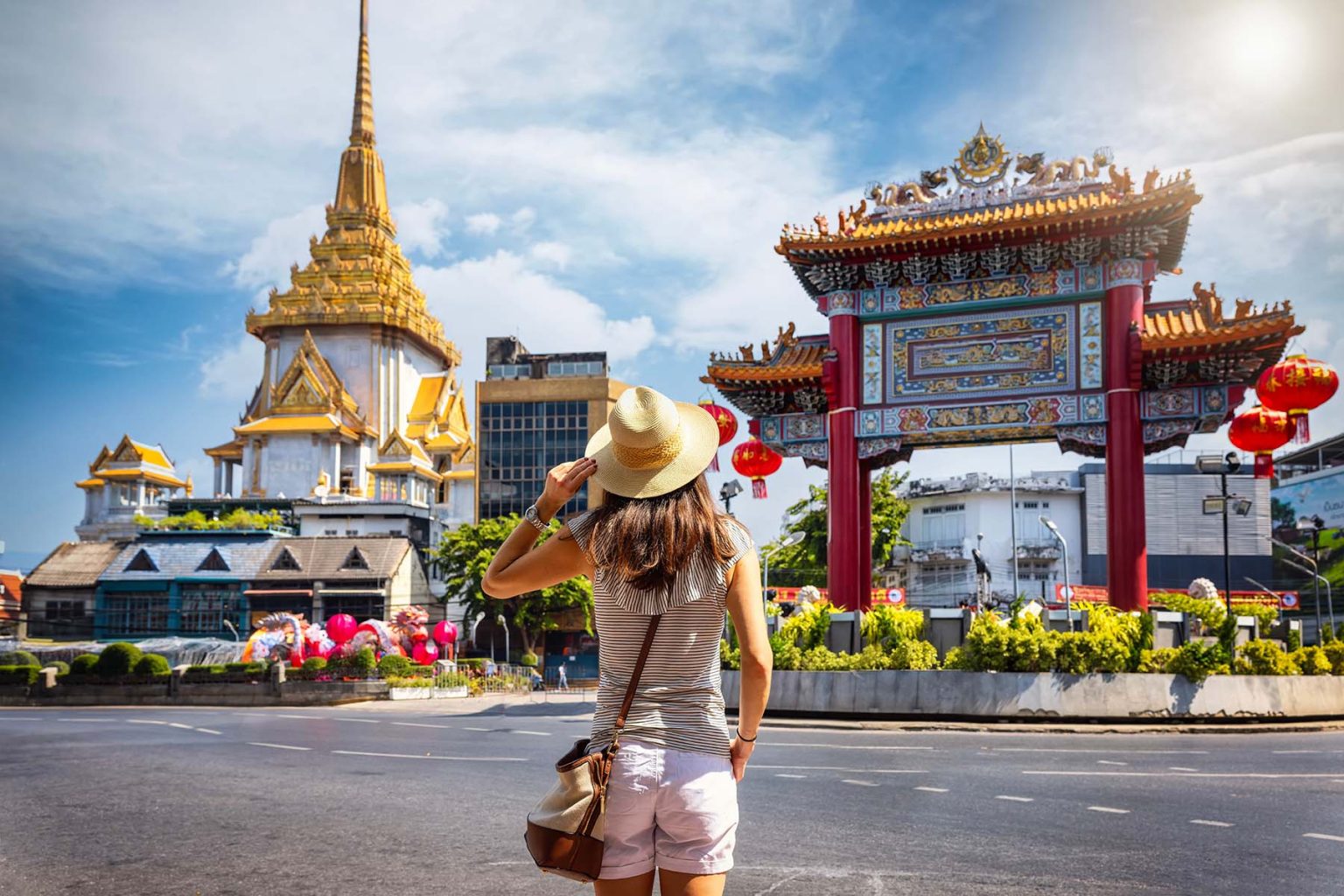Thailand’s Tourism Authority has launched an AI-driven initiative called “Mu Thua Thai Pai Kub AI” to enhance spiritual tourism. This initiative combines modern technology with traditional astrology to offer personalized travel experiences based on tourists’ astrological signs and birth dates. Developed in partnership with private-sector tech firms, the app will recommend spiritual and cultural sites, as well as local cuisine spots and traditional markets. Additionally, a tarot card design contest has been launched, inviting students from Thai art schools to merge cultural creativity with fortune-telling to engage younger audiences.
The initiative is part of Thailand’s broader strategy to tap into the growing “spiritual economy,” turning the country’s rich heritage and belief systems into a unique selling point. The country’s faith-based tourism market was valued at over THB 15 billion in 2023, and the global faith-based tourism market is predicted to reach $40.9 billion by 2033. Thailand not only attracts domestic tourists but also visitors from neighboring countries like Laos, Vietnam, Malaysia, and China. To promote spiritual tourism, the Tourism Authority of Thailand has launched various initiatives, including an e-book and events showcasing spiritual tourism routes throughout the country.
While spiritual tourism has always been a part of Thailand’s appeal, there is an increasing interest among younger generations. Generation Z is driving a surge in demand for faith-based experiences, with over 88% of all Thai generations holding beliefs in sacred objects. Gen Z is pushing this interest into the digital space, discovering spiritual products and experiences through social media platforms like TikTok and Instagram. Influencers play a significant role in making spirituality trendy, sharing their experiences at sacred sites and reviewing astrology apps.
Thailand’s spiritual tourism boom has given rise to “Muketing,” a trend where brands integrate spiritual themes to attract consumers. Major telecom providers and cosmetic brands are creatively incorporating concepts like “lucky phone numbers” and “fortune-enhancing” ingredients into their offerings to attract good luck and prosperity. Gen Z is particularly captivated by “Mutelu” content, engaging with belief-related topics on social media platforms like TikTok and YouTube. With over 3.91 billion social media interactions related to Mutelu in Thailand, Gen Z contributes to about 50% of these engagements, exploring topics like fortune-telling, luck-enhancing beauty trends, and products promising to attract love.
Overall, Thailand’s blending of AI with spiritual tourism reflects a shift in how travel is perceived in the digital age. The country’s unique mix of ancient beliefs and modern technology is reshaping what travel means. As the spiritual economy continues to grow globally, other destinations may choose to follow Thailand’s lead in leveraging their heritage and beliefs to attract tourists. The increasing interest in spiritual tourism, particularly among younger generations, presents an opportunity for brands to tap into this demand by integrating spiritual themes into their offerings. With the rise of Muketing and the impact of social media influencers, spirituality and commerce are intersecting in new and innovative ways in the travel industry.


